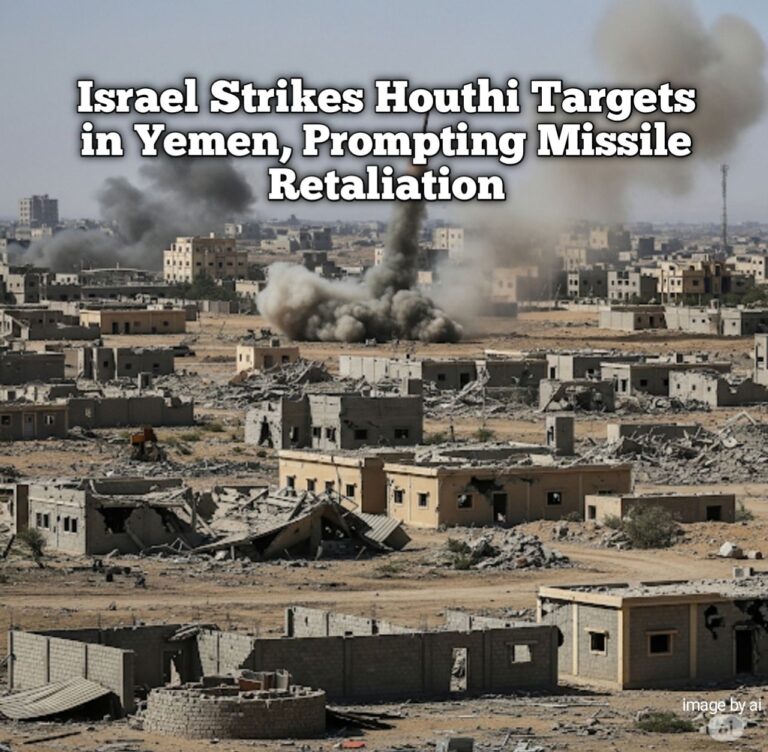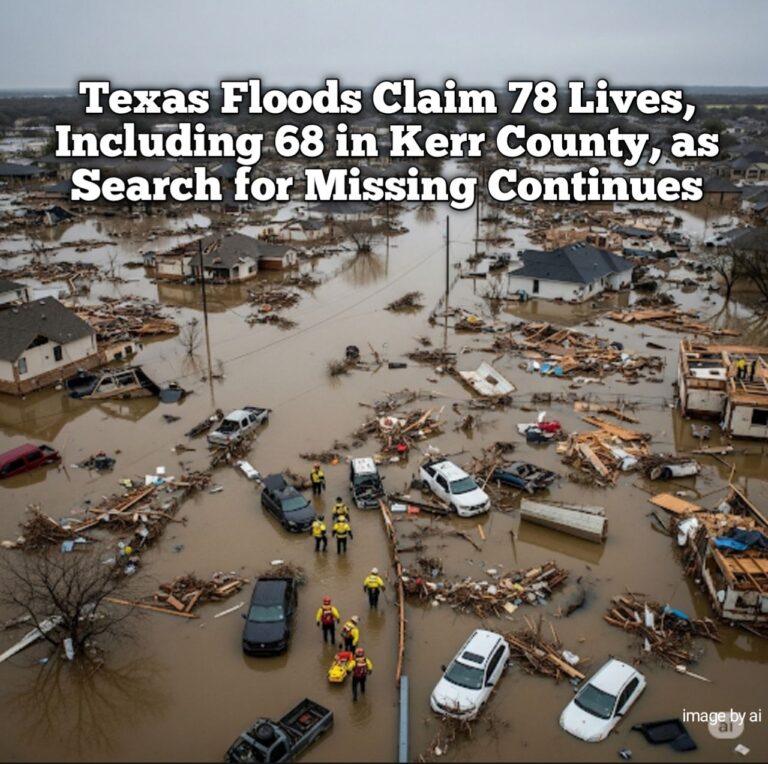Landmark Opinion Highlights Legal Duty to Address Climate Crisis
The Inter-American Court of Human Rights has rendered a historic ruling, recognizing a healthy climate as a human right, following over two years of rigorous debate. The court underlined the necessity of a precise legal framework that requires states to take action in response to the global climate emergency. The court said, “This addresses the need to give the Inter-American legal order a foundation of its own that explicitly outlines particular state obligations in the face of the climate crisis.”
Chile and Colombia Spearhead Inquiry
Chile and Colombia petitioned the court to provide an opinion on whether or not nations are legally obligated to protect their inhabitants from the negative consequences of climate change because of the human right to life, health, personal integrity, and a safe environment. The court concurred, ruling that states in Latin America have an obligation to protect the environment through mitigation, legislation, and action.
Key Drivers of the Climate Crisis
The court identified key causes of the climate crisis, including:
- Fossil fuel consumption
- Energy and transportation sectors
- Deforestation driven by cattle farming and agriculture
These factors have disproportionate impact across Latin America, where environmental degradation is already affecting communities on multiple fronts.
Visible Climate Impacts in Latin America
Once-dependable glaciers in Peru are melting quickly, cutting off vital water supplies. Large-scale farming operations in Chile have denied water to nearby populations. Droughts and floods are growing more frequent, and mining activities are poisoning waterways elsewhere. According to a local source, “climate change is no mystery in this region.” You can see the snow-capped mountains behind me, yet it was minus two degrees here last Saturday. However, in the midst of South America’s winter, it has been abnormally warm—about 24°—both yesterday and today. A non-tropical cyclone warning has been issued for the future, which has never happened in this area before.
Moral and Political Weight of the Ruling
The court’s ruling, which frames the climate catastrophe as a human rights crisis, represents a significant change even though it is not legally obligatory. Governments are now in charge of reducing the effects, particularly for groups who are particularly vulnerable to the effects of climate change. The ruling gives dedicated governments and civil society organizations political and moral leverage to demand substantive change. “The fact that the climate crisis is a human rights crisis is a first step with a very pertinent focus—something that didn’t exist before.”



